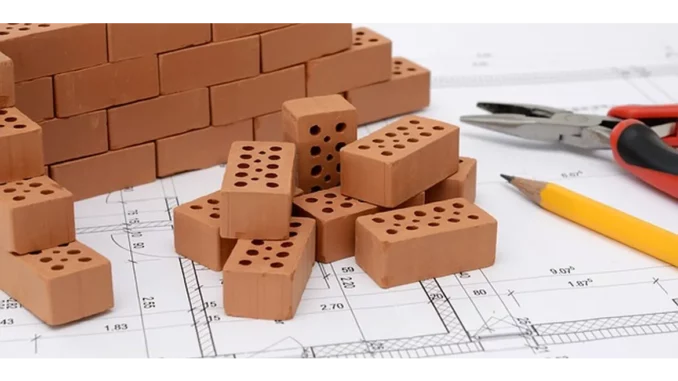
In today’s construction industry, the integration of sustainable development principles within building projects transcends mere trendiness; it has become a vital necessity. For professionals in the field, grasping the intricacies of quality management within the realm of sustainable construction is paramount. This approach demands a thorough understanding, commencing at the planning stage and extending through to execution, to ensure that quality standards are not only met but consistently maintained throughout the project lifecycle.
Focus360 Energy: property compliance services – pre-planning to post-construction. Learn more.
The journey towards sustainable construction begins with a meticulous analysis of applicable requirements, which are initially scrutinised during the planning phase. The pre-check assessment emerges as a critical element at this stage, serving to establish a target agreement that defines the precise quality standards the project is set to achieve. Far from being a mere formality, this foundational document orchestrates the project’s trajectory. It delineates the requisite verification services, assigns responsibilities, and establishes deadlines, ensuring that all stakeholders are aligned from the project’s inception.
The target agreement and its specifications underpin the project’s quality management throughout both the planning and execution phases. Project planners, entrusted with the realisation of these standards, often collaborate with sustainability consultants who bring specialised expertise. These consultants play a pivotal role, particularly in conducting life cycle assessments (LCA), calculating life cycle costs (LCC), and selecting environmentally-friendly building materials. Their contributions are essential for the project’s success, ensuring sustainability is woven into the fabric of the construction process rather than treated as an ancillary consideration.
The complexity inherent in sustainable development within construction necessitates a bespoke approach that is finely attuned to each project’s unique context. The principles of sustainable building must be seamlessly integrated into the responsibilities of all stakeholders involved, adapting to the distinctive conditions of each site. The Quality Seal for Sustainable Buildings (QNG) emerges as a significant metric in this regard, certified by esteemed bodies such as the DGNB (German Sustainable Building Council) or NaWoh (Sustainable Housing). The QNG certification attests to a building’s ecological, socio-cultural, and economic attributes, offering assurance of its sustainability credentials.
The QNG certification is bifurcated into two distinct levels: QNG-PLUS and QNG-PREMIUM, each with its own set of stringent requirements meticulously outlined by the Federal Ministry of Construction. These requirements encompass a broad spectrum of considerations, from primary energy consumption and CO2 emissions to sustainable raw material extraction and the exclusion of harmful substances in building materials. An independent audit conducted post-construction ensures compliance with these standards, bolstering the credibility of the certification process.
For building professionals, a comprehensive understanding of the QNG criteria is essential. These criteria span various dimensions, including comfort and functionality, resource consumption and environmental impact, efficiency and costs, and long-term value stability. Each of these components is critical to the overall sustainability of a building, and satisfying these requirements is a prerequisite for obtaining the prestigious quality seal.
Ultimately, achieving high-quality standards in sustainable building projects is a multifaceted and demanding endeavour. It necessitates strategic foresight, detailed planning, and an unwavering commitment to embedding sustainable principles at every juncture. For building professionals, mastering the nuances of quality management within this framework is not merely about adhering to regulatory mandates; it is about actively contributing to a more sustainable future for the construction industry and, by extension, the world. As the sector continues to evolve, the emphasis on sustainability will only intensify, urging professionals to remain vigilant and proactive in their pursuit of excellence.


Be the first to comment